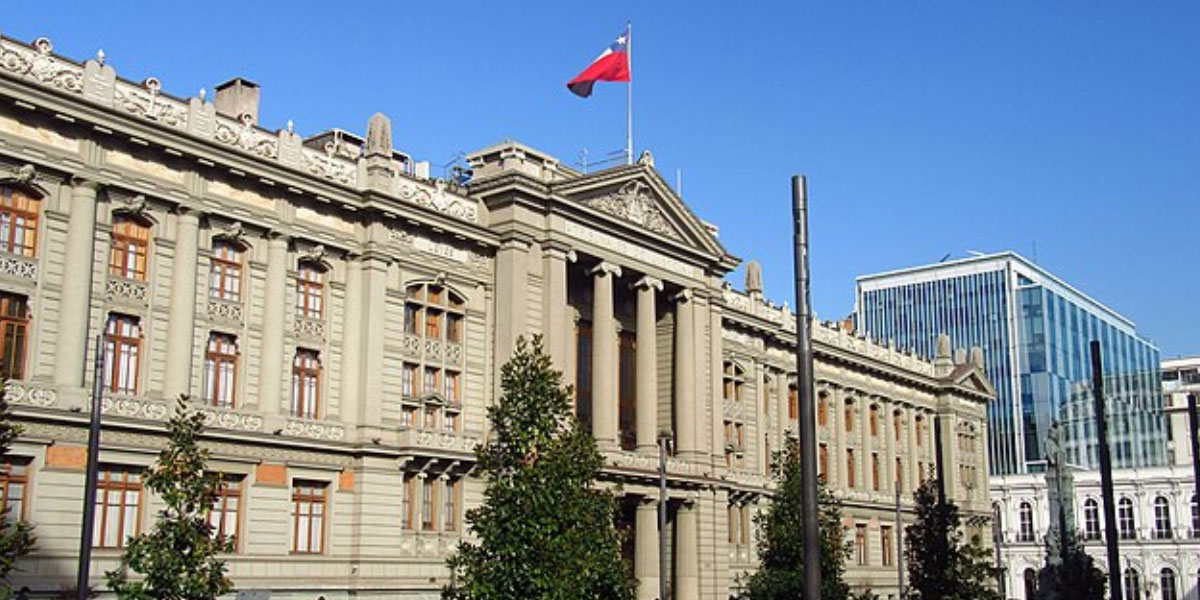New Zealand Inland Revenue has initiated a public consultation process for a draft interpretation statement that outlines the Commissioner’s perspective on the proper application of GST concerning fees related to managed funds. Once finalised, this interpretation will be applied prospectively by the Commissioner. A summary of the interpretation statement is available, and comments are invited by 25 October 2024.
Summary | Whakarāpopoto
- Managed investment funds are an important element of the savings of New Zealanders. Money is pooled and managed by a fund manager, and a fund supervisor scrutinises the manager’s performance. The fund supervisor or a custodian holds the funds invested. Investment decisions are made by the fund manager or outsourced to an investment manager. The administration of certain aspects of the fund may also be outsourced.
- From a GST perspective, the various relationships between the parties and the fund give rise to interpretive issues, in particular relating to the application or non-application of the section 14(1)(a) exemption for supplies of financial services.
- This interpretation statement addresses three key issues concerning the GST treatment of managed funds; namely, the GST treatment of:
- fees payable by investors to the manager of a managed fund for the various services the manager supplies to the investors;
- outsourced administrative services a third party provides to the manager of a managed fund (including services such as registry services, fund accounting, the management of financial transactions between a member and the scheme, and the management of portfolio investment entity (PIE) tax obligations); and
- outsourced investment management services a third party provides under a contract with the manager of a managed fund.
- This interpretation statement concludes the following.
Fees payable to the manager of a managed fund
- The fees payable to the manager of a managed fund for services supplied to the investors (or the supervisor on the investors’ behalf) are not subject to GST as they are consideration for exempt supplies of financial services under section 14(1)(a). The supply or supplies made by the manager are exempt from GST as:
- each activity the manager carries on is one of the activities listed in the definition of “financial services” (section 3); or
- some of the activities the manager carries on are listed in the definition of “financial services” and any other services the manager supplies are reasonably incidental and necessary to the financial services the manager is supplying.
GST treatment of outsourced services in relation to a managed fund
- The outsourced supply of administrative services (including registry services, fund accounting and unit pricing) by a third party under a contract with the manager of the managed fund is a taxable supply. Administrative services are not exempt supplies of financial services because they are not one of the activities listed in section 3(1).
- The supply of investment management services carried out by a third-party investment manager is either an exempt supply of financial services or a taxable supply of advice, depending on the terms of the investment manager’s appointment and the manner in which this appointment is exercised and supervised.
- Where a third-party investment manager has authority to make and implement investment decisions, the investment manager makes an exempt supply of financial services because they arrange the transfer of securities (section 3(1)(l)).
- Where a third-party investment manager’s investment recommendations are subject to a high level of oversight and scrutiny and a manager can veto the recommendations on the merits, the investment manager does not have authority to implement the recommendations, so such an investment manager provides investment advice, which is a taxable supply.
- However, where a manager has the right to veto an investment decision made by a third-party investment manager, the service may still be an exempt supply of arranging financial services. This would be the case where a third-party investment manager has authority to give instructions to a supervisor for the acquisition or sales of securities, and a manager’s discretion to veto transactions is limited to checking that investment decisions made by the investment manager comply with the mandate. In this situation, the investment manager arranges financial services under section 3(1)(l).
- For arrangements where the manager and supervisor of the managed fund have a wider legal power to override the investment decisions of an investment manager, a court is likely to consider evidence of how an investment manager’s contract is given effect to in practice. Evidence that investment decisions of an investment manager are not closely scrutinised by the manager, and transactions are largely made without any intervention by the manager or supervisor would support a finding that the investment manager is supplying an arranging service (which would be an exempt supply).














